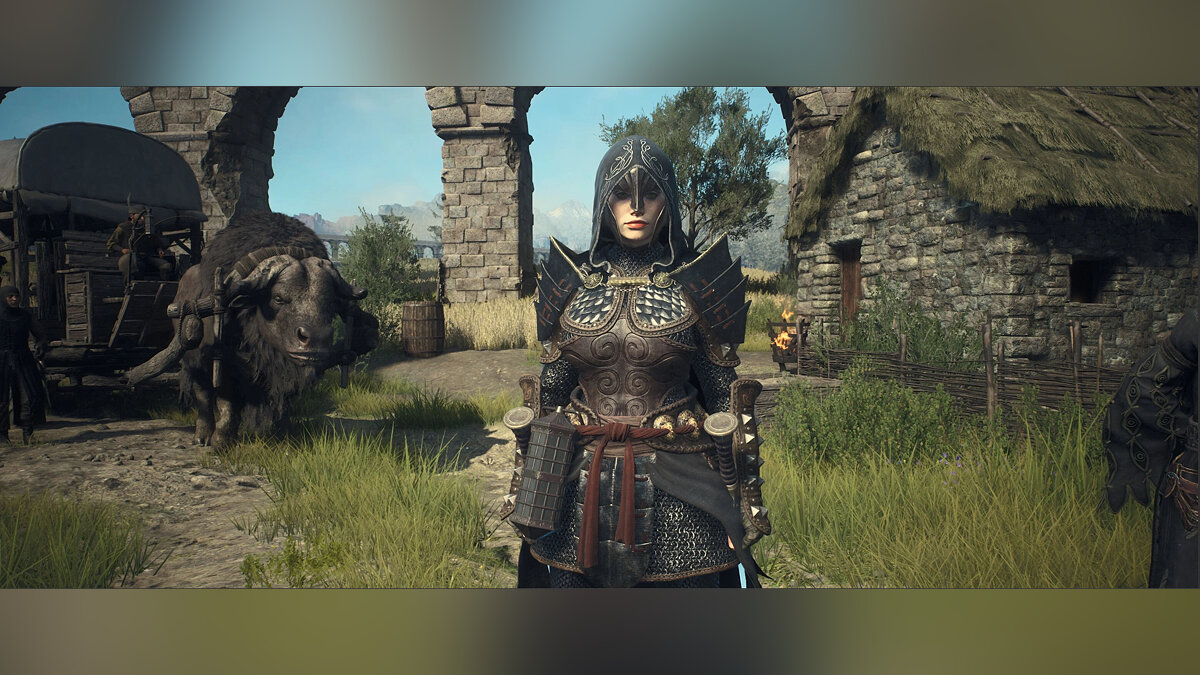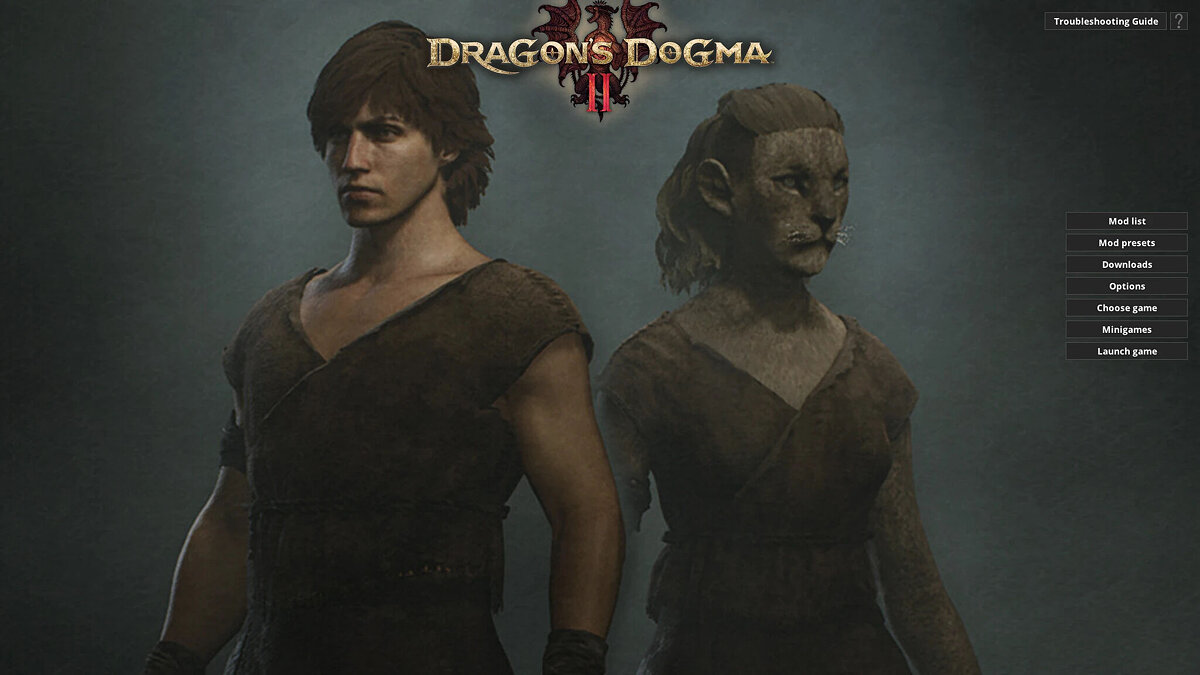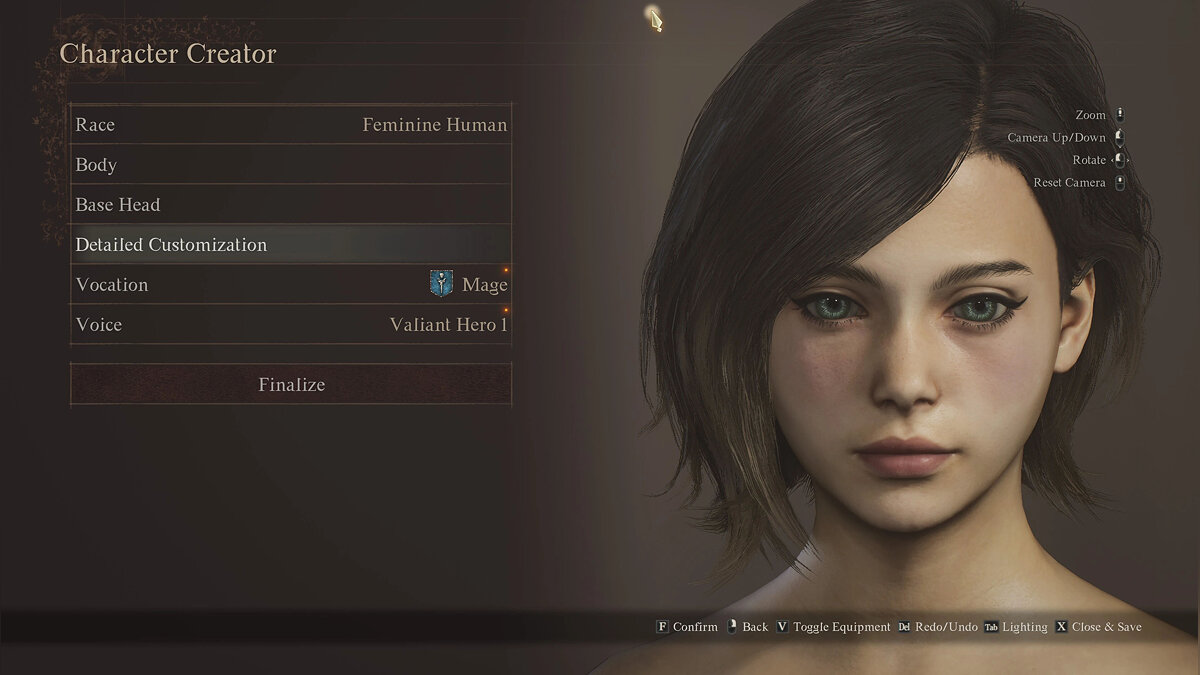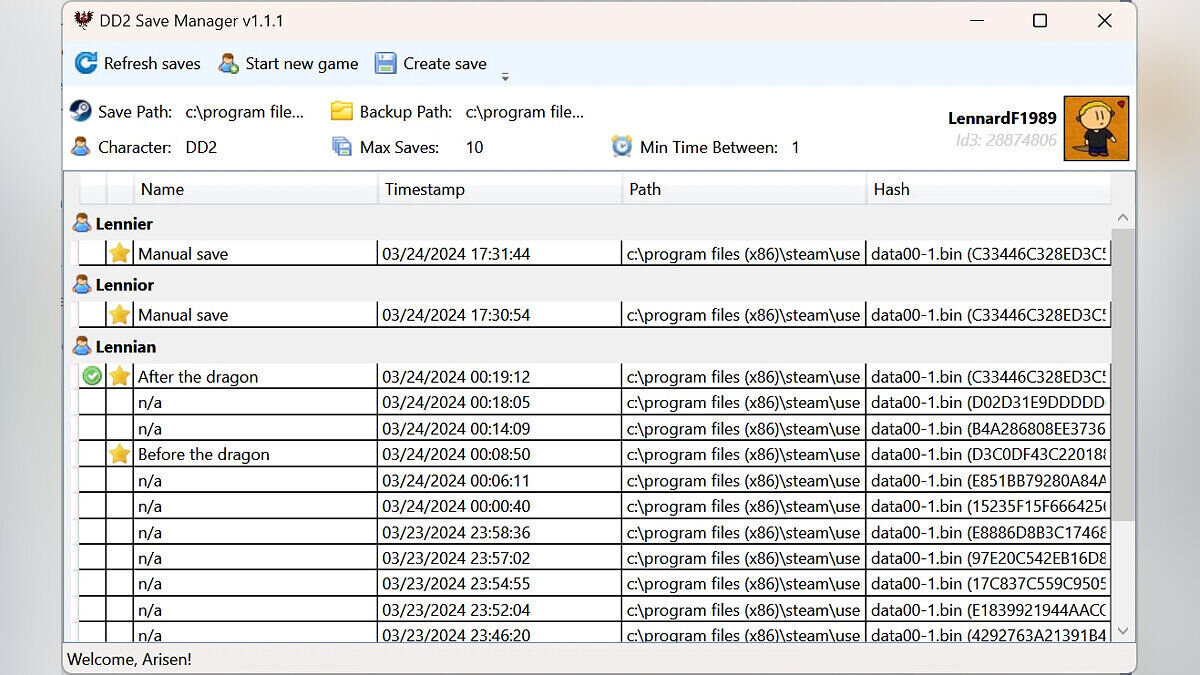Dragon's Dogma 2
Action-RPG with a free camera, dynamic combat system, and mechanics characteristic of slashers — Dragon's Dogma 2 continues and develops the ideas laid out... Read more
Action-RPG with a free camera, dynamic combat system, and mechanics characteristic of slashers — Dragon's Dogma 2 continues and develops the ideas laid out in the original 2012 game, offering reimagined gameplay and a new story within the local fantasy multiverse. Despite borrowing from popular RPGs released between the installments, it has retained its individuality thanks to the pawn system and an unconventional lore concept. Fans running through new locations and trying out new features will also see familiar elements from past games.
The concept and lore of Dragon's Dogma are built around an ancient cycle that repeats every era. A powerful dragon is reborn, spreading terror, destruction, and death. It also chooses a warrior worthy of challenging it, taking their heart and turning them into the Arisen — a hero who has lost their humanity but gained a Destiny. The dragon leaves the Arisen a hint about a future encounter when they become strong enough to reclaim their heart.
Along with pawns — mysterious allies from another world — the hero must go through many trials, explore the world, and level up enough to face the dragon in the finale. This cycle is called the Dragon's Dogma, making the plot clear from the start. As is the ending: lose and fade into oblivion, win and repeat the cycle, or break it at the cost of destroying all existence. The narrative takes on an epic scale after the first act, when the player learns about a liar who ascended the throne under the guise of their hero.
The protagonist, by fate's will, becomes the chosen one, dragon slayer, and king of the local lands, dealing with everything and nothing: from helping commoners and fighting monsters to political intrigues and grand battles with the dragon. Characters, besides giving quests, have individuality and a certain level of depth, telling decent stories in dialogues, and in engine scenes, one can see relationships between townsfolk and aristocracy.
Every story in the Dragon's Dogma universe is canonical within its world, and parallel realities have their unique features, such as setting, heroes and characters, available races, which can be learned from pawns. But the action always takes place in a classic fantasy-mythological setting full of unusual creatures: griffins, hydras, cyclops, goblins, ogres, skeletons, lizards, and other undead. Magic permeates reality, and wizards, along with powerful artifacts, play a significant role in the development of events. However, technology is quite rudimentary, characteristic of the early Middle Ages.
The open world of Dragon's Dogma (2024) is four times larger than the first part, seamless, and consists of many locations connected by various design techniques. Narrow passages and "snake" paths, height differences, layering on top of each other, natural barriers (rivers), and many other environmental elements create the feeling that the world is significantly larger than it actually is. Over time, everything changes — a blockage can be cleared, a bridge restored, and a hidden pass opened by a quest, adding new paths and passages. At the time of release, the world impressed with its landscapes and the good work of the RE Engine with lighting, but the locations did not differ in visual variety, as they were located in three main biomes (forests, mountains, and deserts), and in the degree of detail.
The action unfolds in two kingdoms with distinct cultural and geographical differences: Vermunt and Battaal. Vermunt is a fertile land surrounded by majestic mountains and green hills, where cities and farms flourish. The locals live with the awareness of the inevitable return of the dragon and fall into fear before its destructive power. Therefore, they revere the Arisen as a King and protector from disasters.
On the other hand, Battaal is a harsh and hostile land of endless deserts and deep canyons. Survival requires tremendous effort, but among the deserts, there are oases that serve as important trade and cultural centers. Here, the Arisen is not a hero but an outcast who brought disasters. The priestesses ruling Battaal worship the sacred flame, which they believe protects them from the dragon's wrath. Deep in the forests, ancient elven tribes hide, avoiding contact with the outside world for centuries.
Dragon's Dogma (2024) breaks the established stereotypes of open-world action-RPGs. The player must truly immerse themselves in the process: travel leisurely through the open world, explore it, complete random events and tasks, rather than rushing through key points and quests, missing the authors' work. For better immersion, fast travel is limited. There are teleports, allowing you to jump to any part of the world immediately, avoiding time consumption, but they are expensive and limited in number throughout the game. More accessible travel with a caravan frees you from gameplay but fast-forwards time.
Everything around lives its own life; the principle "I helped whenever I wanted" does not work here. Quests can only be taken, completed, and handed in within a certain time. It is impossible to see everything the game offers in one playthrough — there are too many events that are easy to miss. Simply because the NPC, who could start or push forward a quest line, got drunk in a tavern, died on the road, or suddenly ran off somewhere. Although usually, they follow a daily routine and basic behavior patterns.
The highlight of Dragon's Dogma 2 is the absence of quest markers on the map and public hints. This additionally stimulates the player to listen to the chatter in the surrounding world, notice everything, think about their actions and next step. There is no single correct path, which adds replayability: each new playthrough reveals something new, changes already familiar quests, or opens new ones.
The tasks are set up as follows: instead of a linear chain of events, there are separate episodes that develop as the player's adventure progresses. The most intricate quests start as mundane errands (fetch-carry, find-kill, etc.), but over time they grow into more complex and intriguing stories. Their outcome — success or failure — will affect other aspects of the world, the fates of characters, or the development of the plot as a whole. The number and variety of tasks are great: from random events and simple quests to large-scale, branching stories.
The role-playing component of Dragon's Dogma (2024) is expressed through its combat system. Battles involve squads rather than individuals, and victory is determined by organization, leveling, and team balance against specific sets of enemies. The optimal composition, which allows for effective handling of various challenges, constantly changes depending on the playstyle and specific tasks.
The player's squad consists of the main character and three pawns. The primary pawn is a personal companion created and customized by the player, who chooses its class, equipment, and development throughout the game. The squad also includes two other pawns borrowed from other players, representing asynchronous multiplayer. These borrowed pawns do not develop but bring valuable knowledge — they can provide hints about locations, chests, or enemy weaknesses based on their owners' experiences. Regularly replacing them helps adapt to new situations and maintain a high level of team efficiency.
When creating the protagonist, you can choose from four vocations: Fighter, Mage, Archer, and Thief. Each represents archetypal classes with unique combat styles, health, and stamina stats, as well as the ability or inability to climb large monsters. Characters cannot use weapons and armor from other classes, but classes can be switched at any time, simplifying experimentation with different playstyles and allowing for various combinations. There are a total of 10 vocations (classes) in the game, and after leveling up one class, you can take another, retaining passive skills from the first while becoming more powerful.
Enemy monsters, although not very diverse, are well-prepared and exhibit realistic and dangerous behavior. They actively respond to the actions of the player and their team, requiring good coordination and knowledge of their weak points. During battles, interaction with the environment is crucial — you can push an enemy off a cliff or throw a rock at them, climb onto a boss or carry an NPC to a specific point, and set up a magical barrier.
Thanks to a free camera that adapts to any situation, the absence of a fixed enemy targeting system, and dynamic combat, Dragon's Dogma 2 goes beyond traditional action-RPGs. The gameplay combines elements typical of slashers: stamina management, precise attack timing, area attacks, shield bashing, circular attacks, archery, and much more.
Physics plays a special role, making interaction with the environment and enemies more realistic. A single sword swing can scatter enemies, fire can set them ablaze, and ice can freeze them. The mass and size of characters affect their combat abilities: larger heroes can more easily latch onto enemies and reach their weak spots faster, lift and throw objects, small enemies, and even other characters.
The Mage is a crucial class, dealing damage, healing allies, and applying buffs. However, magical spells require time to prepare, making the mage vulnerable without the support of a fighter or thief to delay and distract enemies. The game also allows for the imbuing of weapons with magical effects: you can enchant a sword with fire to set enemies ablaze, apply ice to an archer's arrows to freeze enemies, or add lightning to a thief's daggers for quick and powerful attacks.
Инвентарь бездонный, но вес переносимого груза балансирует его. Перегрузка замедляет персонажа и ускоряет расход выносливости, так что излишки лучше сбросить на пешек. Есть базовая система крафта — разрешается сварить лечебное зелье или собрать стрелы, но создавать оружие и броню нельзя. Время влияет не только на квесты и NPC, но и на предметы в инвентаре: еда может испортиться, квестовая вещь сгнить, а оружие заржаветь.
Store Offers and Discounts
System requirements and PC test
- Windows 10
- CPU: Intel Core i5-10600
- RAM: 16 GB
- Free Space: 70 GB
- VRAM: 8 GB
- Video Card: GeForce GTX 1070; Radeon RX 5500 XT
- DirectX: 12
- Широкополосное подключение к интернету
- Keyboard, Mouse
- Windows 10
- CPU: Intel Core i7-10700
- RAM: 16 GB
- Free Space: 70 GB
- VRAM: 8 GB
- Video Card: GeForce RTX 2080; Radeon RX 6700
- DirectX: 12
- Широкополосное подключение к интернету
- Keyboard, Mouse
News
-
The Game Awards 2024 Nominees Announced
-
Dragon's Dogma 2 leaked without Denuvo
-
120 FPS in RE Village and 8K in Gran Turismo 7: Developers Reveal Key Improvements for PS5 Pro
-
Digital Foundry experts analyze PS5 Pro's technical capabilities in Alan Wake 2, Hogwarts Legacy, and other Games
-
The creator of Devil May Cry and Dragon's Dogma has officially left Capcom
-
Metacritic named the TOP-20 best games of the first half of 2024. Stellar Blade is not on the list
-
New patch for Dragon's Dogma 2 will fix two of the pawns' biggest problems
-
A speedrunner completed Dragon's Dogma 2 in an hour and a half without armor or weapons
Reviews and ratings
I received delight from Dragon's Dogma 2, the same delight as from the first games 25 years ago, now the game takes pride of place next to Elden Ring. Passed 4 times, 2 ng and 2 ng+, there was not a single flaw, the box looks great, and the donation, as I understand it, Capcom decided to help newcomers with consumables at a bargain price, but as you know, good deeds do not go unpunished, poor people with a toad in Other people's wallets don't give you peace of mind.
От Dragon's Dogma 2 получил восторг , тот самый восторг как от первых игр 25 лет назад , теперь игра на почётном месте рядом с Elden Ring . Прошёл 4 раза , 2 нг и 2 нг+ , не было ни одного изъяна , на коробке идёт отлично , а донат как понимаю , Capcom решили помочь новичкам расходниками по бросовой цене , но как известно , добрые дела безнаказанными не бывают , голодранцам с жабой в кармане чужие кошельки покоя не дают .
Наиграл 70 часов, не надоело. Игра серьезная, интересная, продуманная до мелочей. Реиграбельна. Единственное, постоянная возня с поклажей немного раздражает.
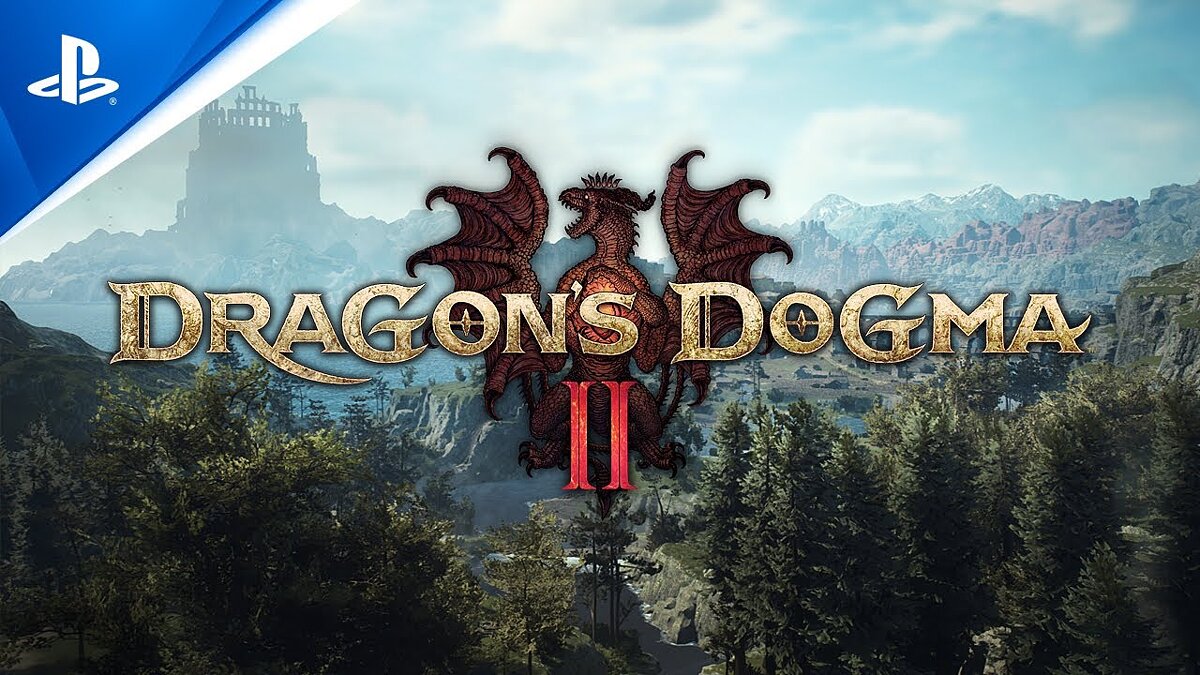
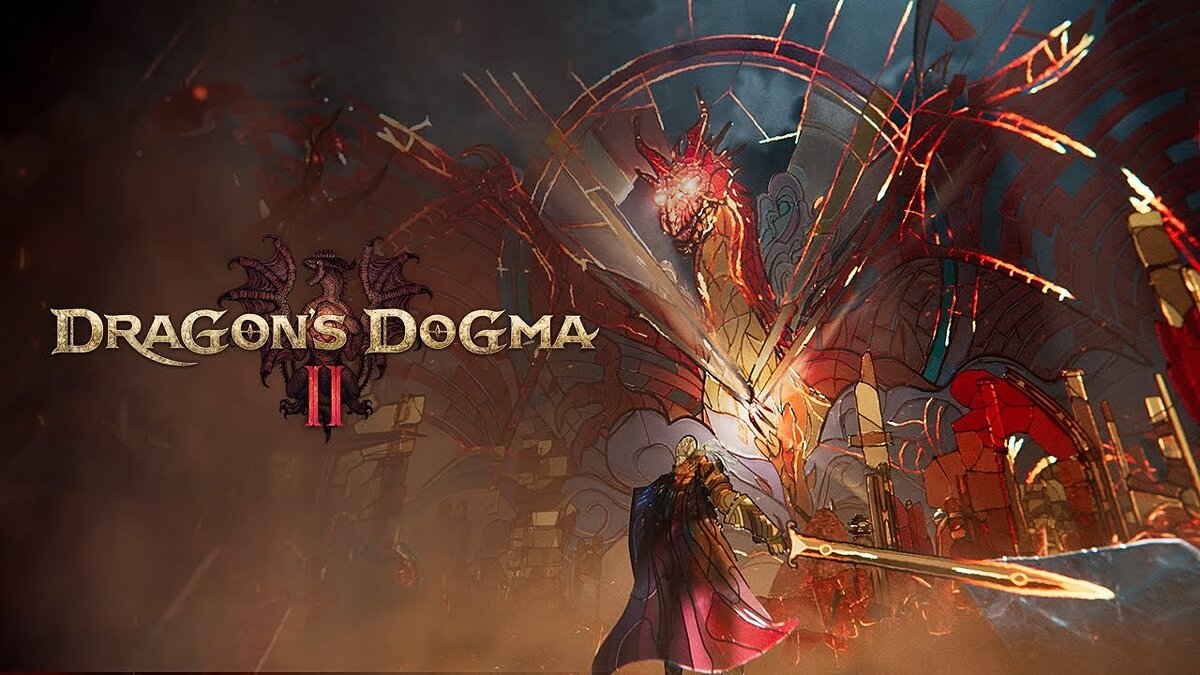
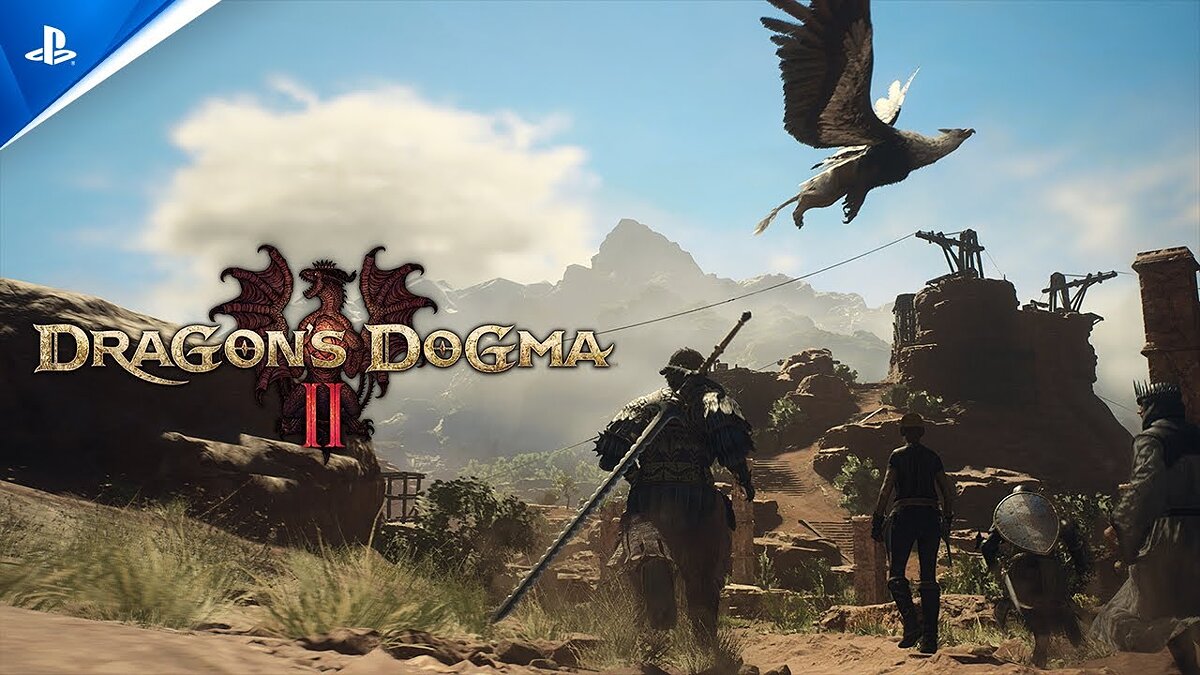
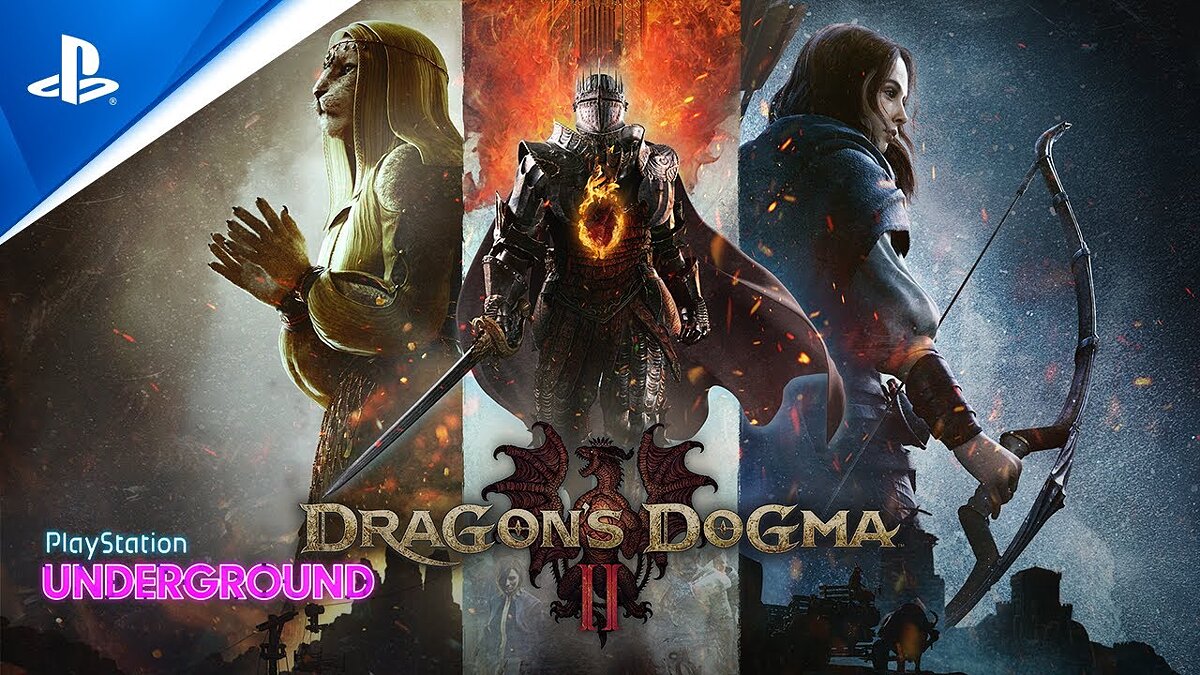
























![Dragons Dogma 2 (PC) [Europe] [Standard]](/uploads/shops_images/wyrel/1acefa4d338bc25cdd33bf21e2b73115_full.webp)

![Dragon's Dogma 2 EU (EU) [Steam]](/uploads/shops_images/gamivo/82150062ade3c069845bc7ff6eee0746_full.webp)

